Description
L-Phenylalanine: An Essential Amino Acid and Its Role in Health
L-Phenylalanine is an essential amino acid, meaning our bodies cannot produce it and we must obtain it from our diet. It plays a crucial role in various bodily functions, primarily as a building block for proteins and as a precursor for important neurotransmitters. Understanding L-Phenylalanine, its sources, benefits, and potential risks is crucial for maintaining optimal health.
What is L-Phenylalanine and Where Do You Find It?
Phenylalanine exists in two forms: L-Phenylalanine and D-Phenylalanine. L-Phenylalanine is the naturally occurring form found in protein-rich foods. Good sources include:
- Meat and Poultry: Beef, chicken, turkey
- Fish and Seafood: Salmon, tuna, shrimp
- Dairy Products: Milk, cheese, yogurt
- Eggs: A complete protein source
- Nuts and Seeds: Almonds, peanuts, pumpkin seeds
- Legumes: Soybeans, lentils, beans
It’s also commonly found as an artificial sweetener, Aspartame, which is widely used in diet sodas and other low-calorie products.
How Does L-Phenylalanine Work?
Once ingested, L-Phenylalanine is used by the body to synthesize proteins and other essential molecules. Its key functions include:
- Precursor to Tyrosine: L-Phenylalanine is converted into tyrosine, another amino acid that is used to create neurotransmitters like dopamine, norepinephrine (noradrenaline), and epinephrine (adrenaline).
- Neurotransmitter Synthesis: These neurotransmitters play crucial roles in mood regulation, energy levels, alertness, and cognitive function.
- Melanin Production: Tyrosine also contributes to the production of melanin, the pigment responsible for skin and hair color.
Potential Benefits and Uses of L-Phenylalanine:
While more research is needed, some studies suggest that L-Phenylalanine may offer benefits in various areas:
- Mood Enhancement: By supporting the production of mood-regulating neurotransmitters, L-Phenylalanine may potentially alleviate symptoms of depression and improve overall mood. However, it’s crucial to consult with a healthcare professional before using it for this purpose.
- Pain Relief: Some studies suggest that D-Phenylalanine (the other form of Phenylalanine, not naturally occurring in food) may help reduce chronic pain by blocking the breakdown of naturally occurring pain-relieving compounds in the body.
- Skin Pigmentation: Because of its role in melanin production, L-Phenylalanine has shown promise in treating vitiligo, a condition causing uneven skin pigmentation.
Potential Risks and Considerations:
While generally considered safe for most people when consumed in normal dietary amounts, L-Phenylalanine can pose risks for certain individuals:
- Phenylketonuria (PKU): This is a rare genetic disorder where the body can’t properly process phenylalanine. People with PKU must strictly limit their phenylalanine intake to prevent serious health problems, including brain damage. Aspartame, containing phenylalanine, is a significant concern for individuals with PKU.
- Pregnancy and Breastfeeding: It’s advisable to consult with a healthcare professional before taking L-Phenylalanine supplements during pregnancy or breastfeeding.
- Psychiatric Conditions: Individuals with schizophrenia or other psychiatric conditions should be cautious when using L-Phenylalanine supplements, as they may exacerbate symptoms.
- Medication Interactions: L-Phenylalanine can interact with certain medications, including MAO inhibitors and levodopa. Consult your doctor or pharmacist if you are taking any medications before taking L-Phenylalanine supplements.
Important Considerations and Conclusion:
L-Phenylalanine is an essential amino acid crucial for various bodily functions, including protein synthesis and neurotransmitter production. While it can be obtained through a balanced diet rich in protein, supplementation should be approached with caution and under the guidance of a healthcare professional, particularly for individuals with PKU, pregnancy, psychiatric conditions, or those taking medications. Understanding the role of L-Phenylalanine and its potential risks and benefits is vital for making informed decisions about your health and well-being.
Before taking any L-Phenylalanine supplements, it is highly recommended to consult with a healthcare professional to determine if it is safe and appropriate for your individual health needs.

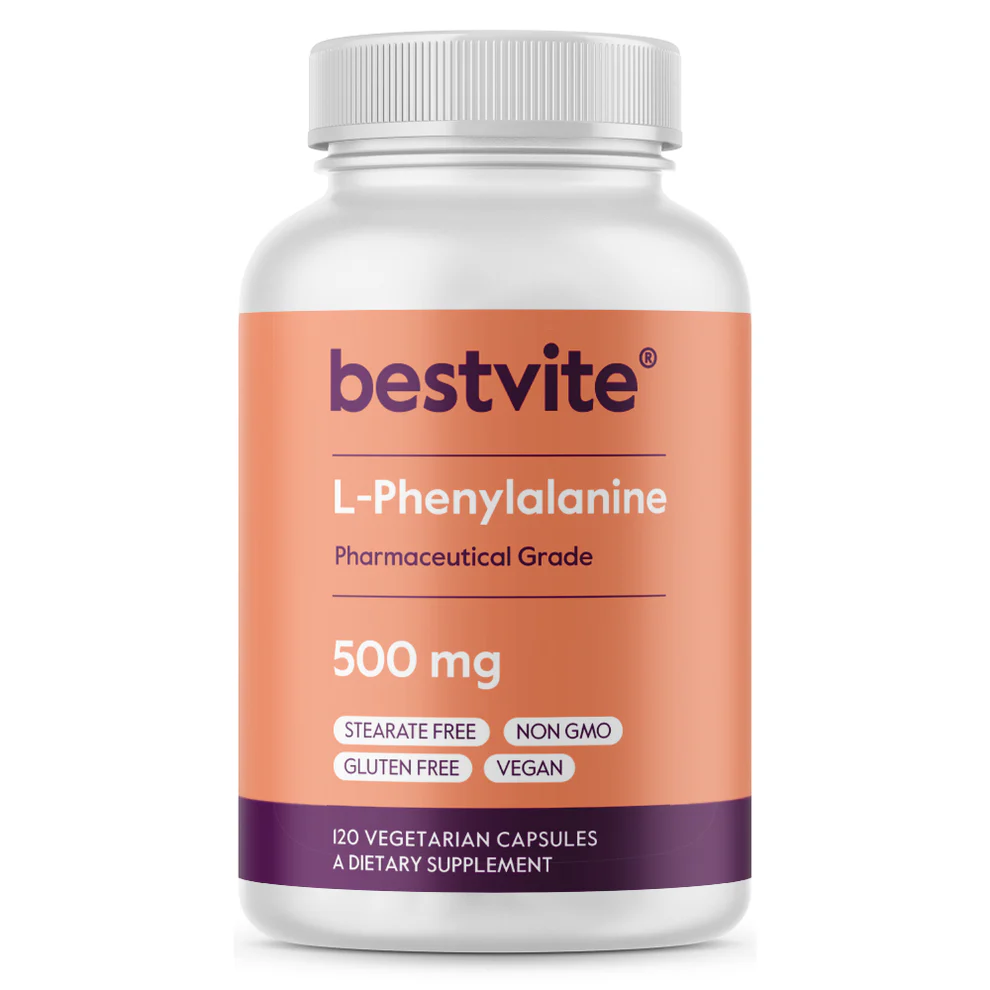
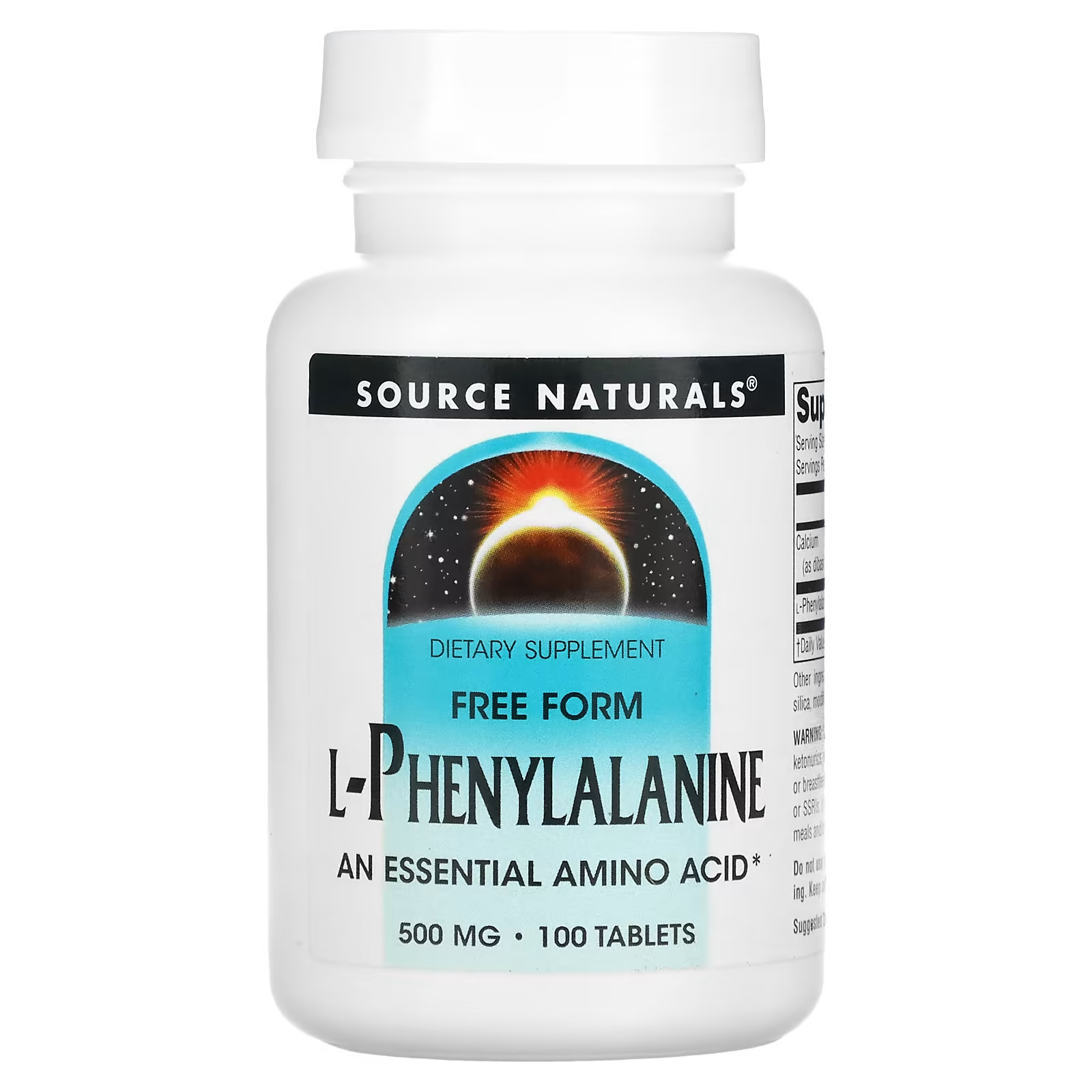
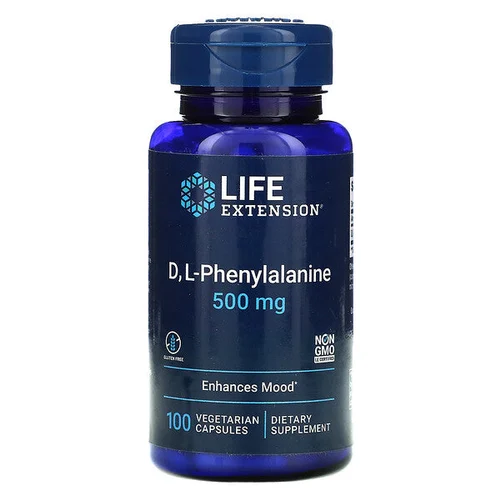
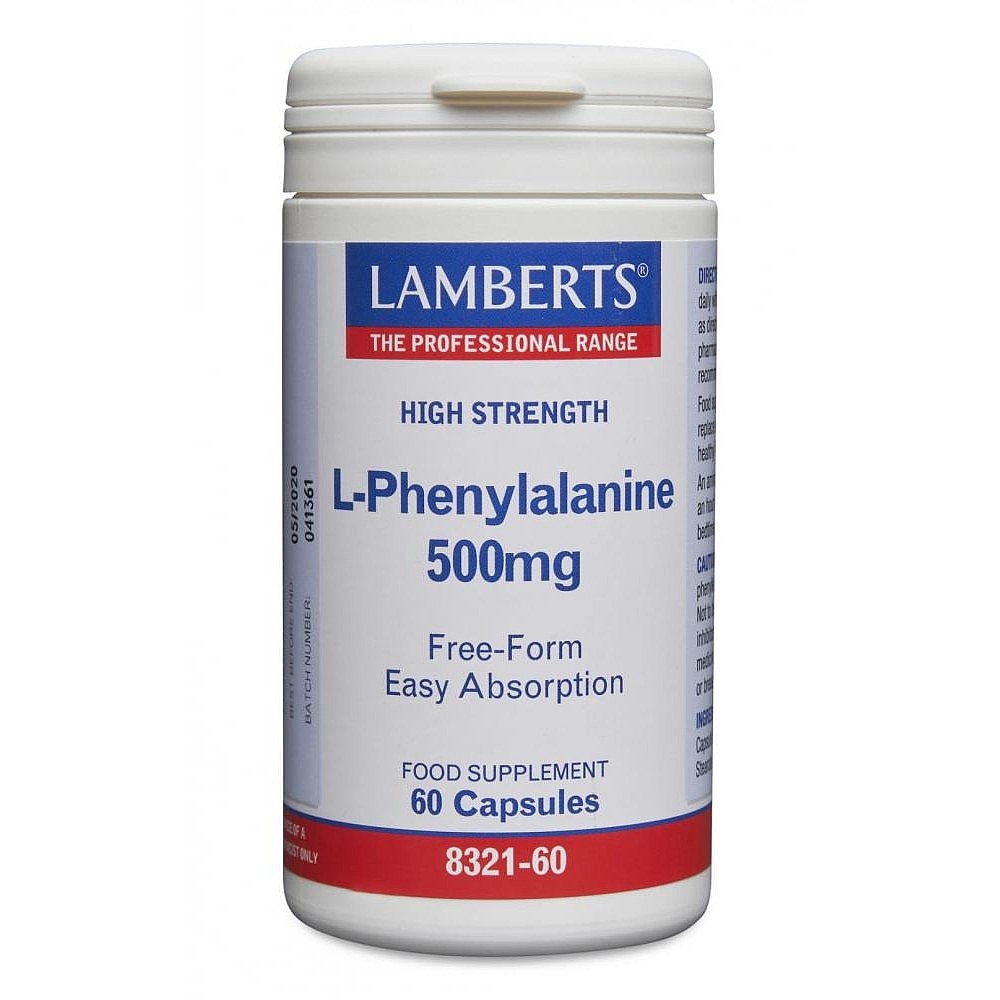

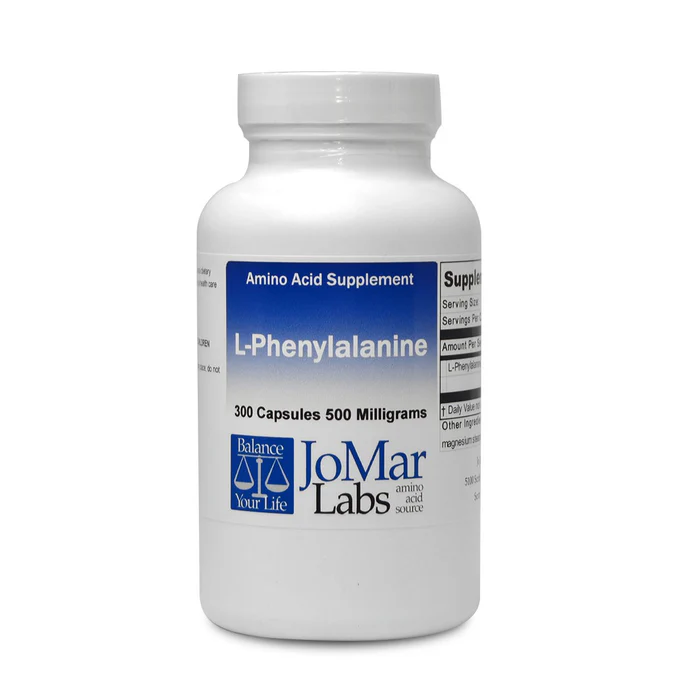
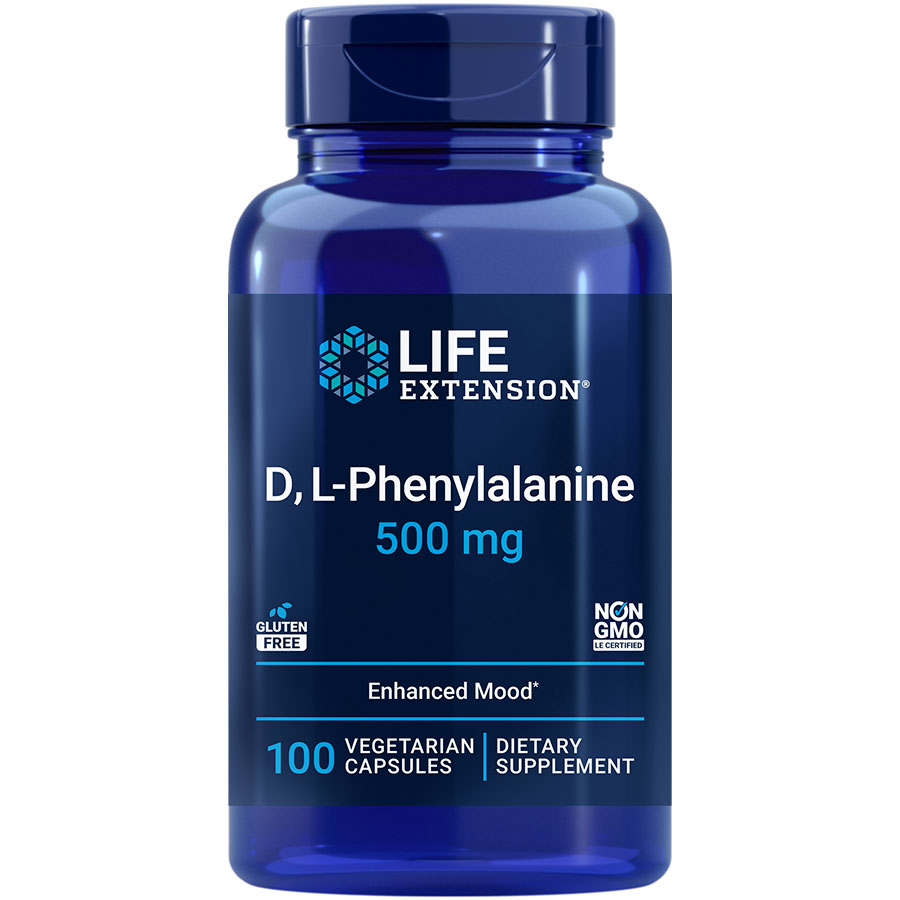
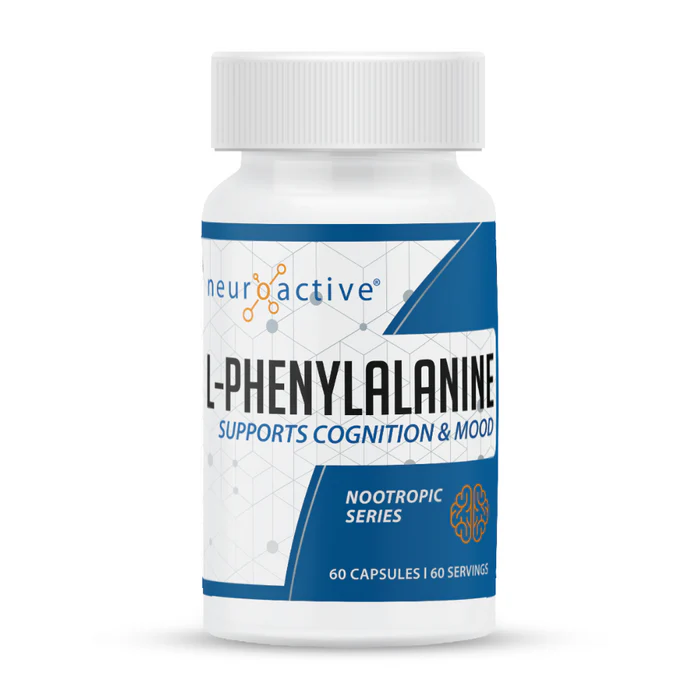
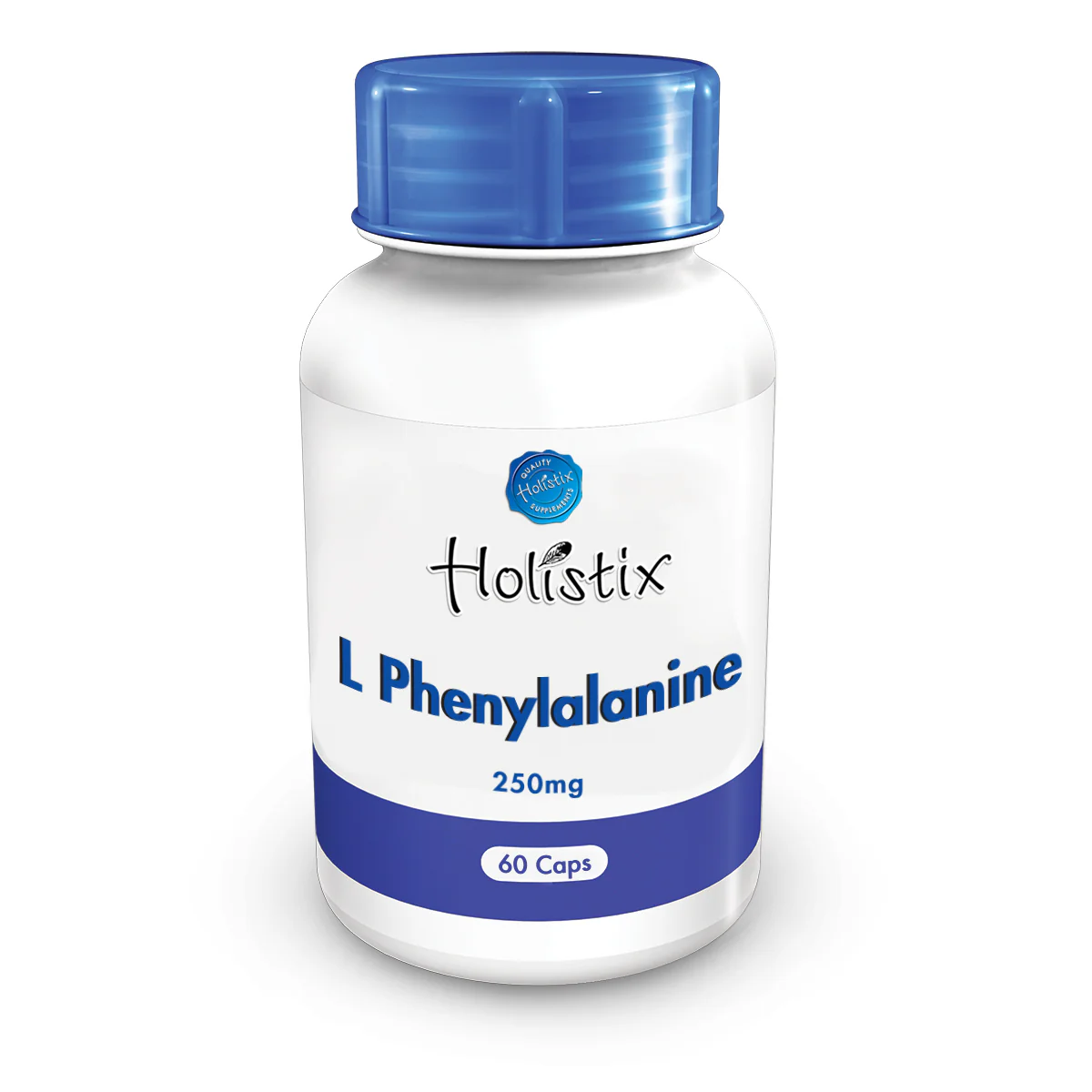
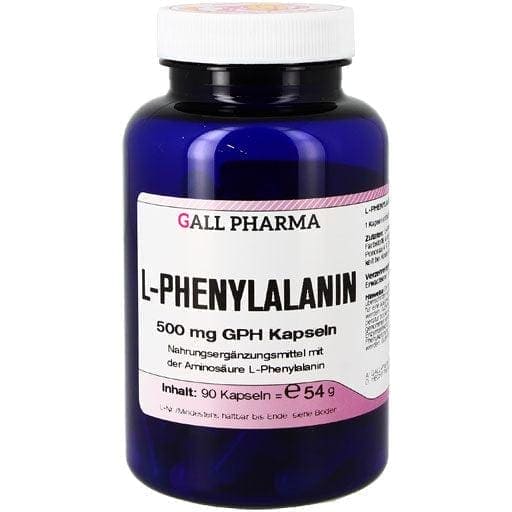
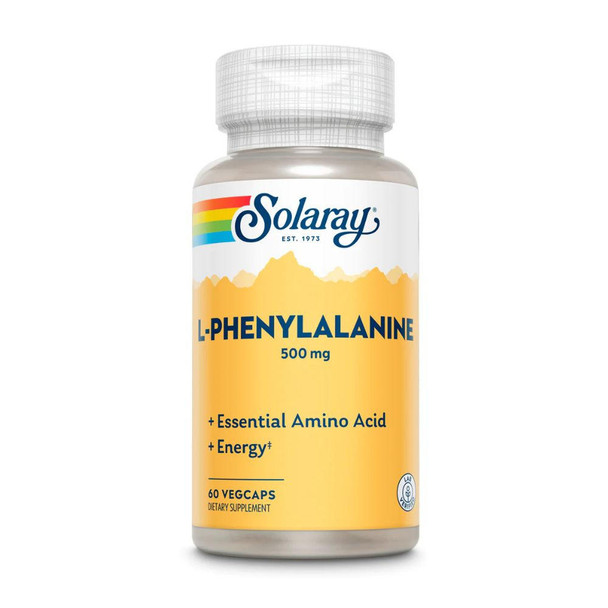
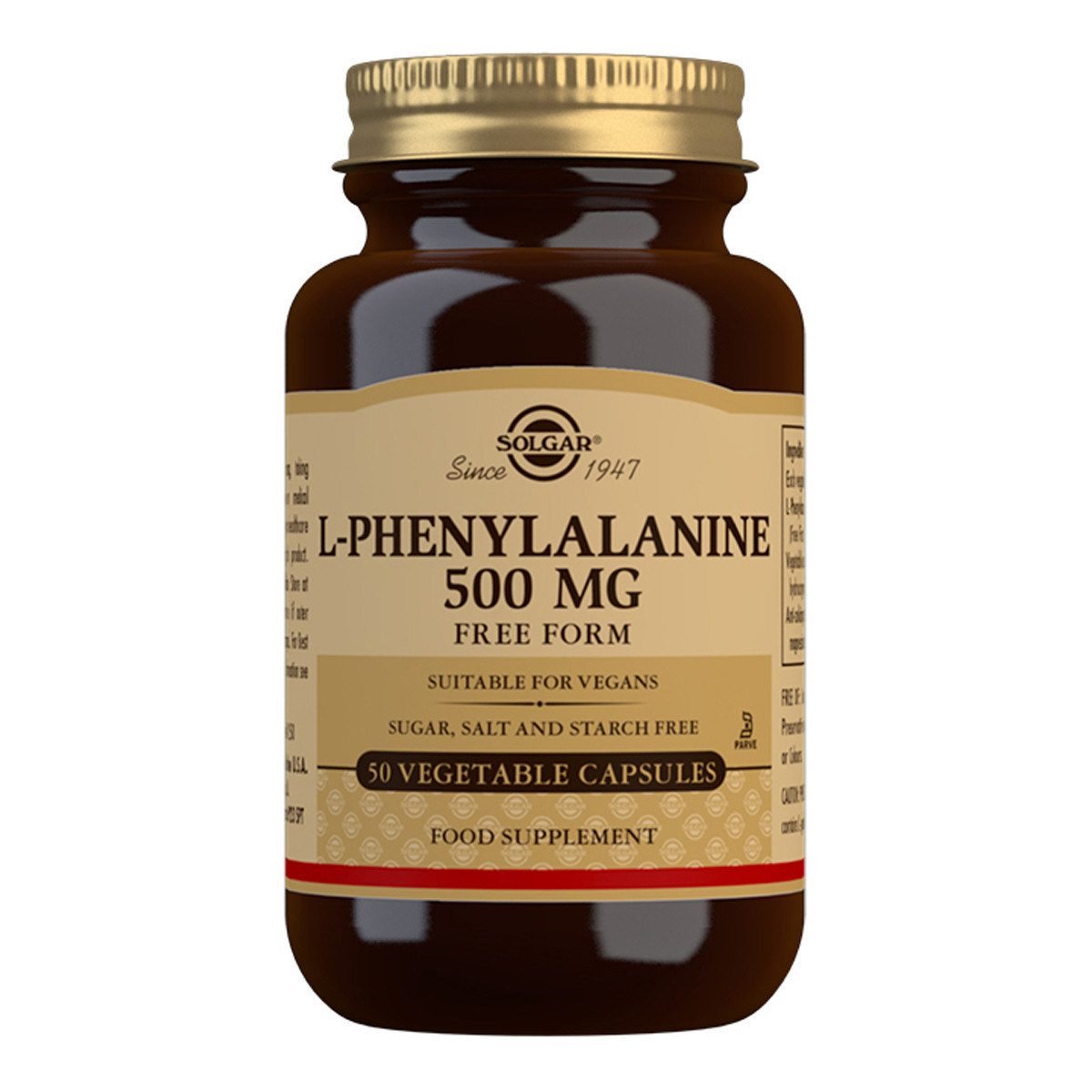
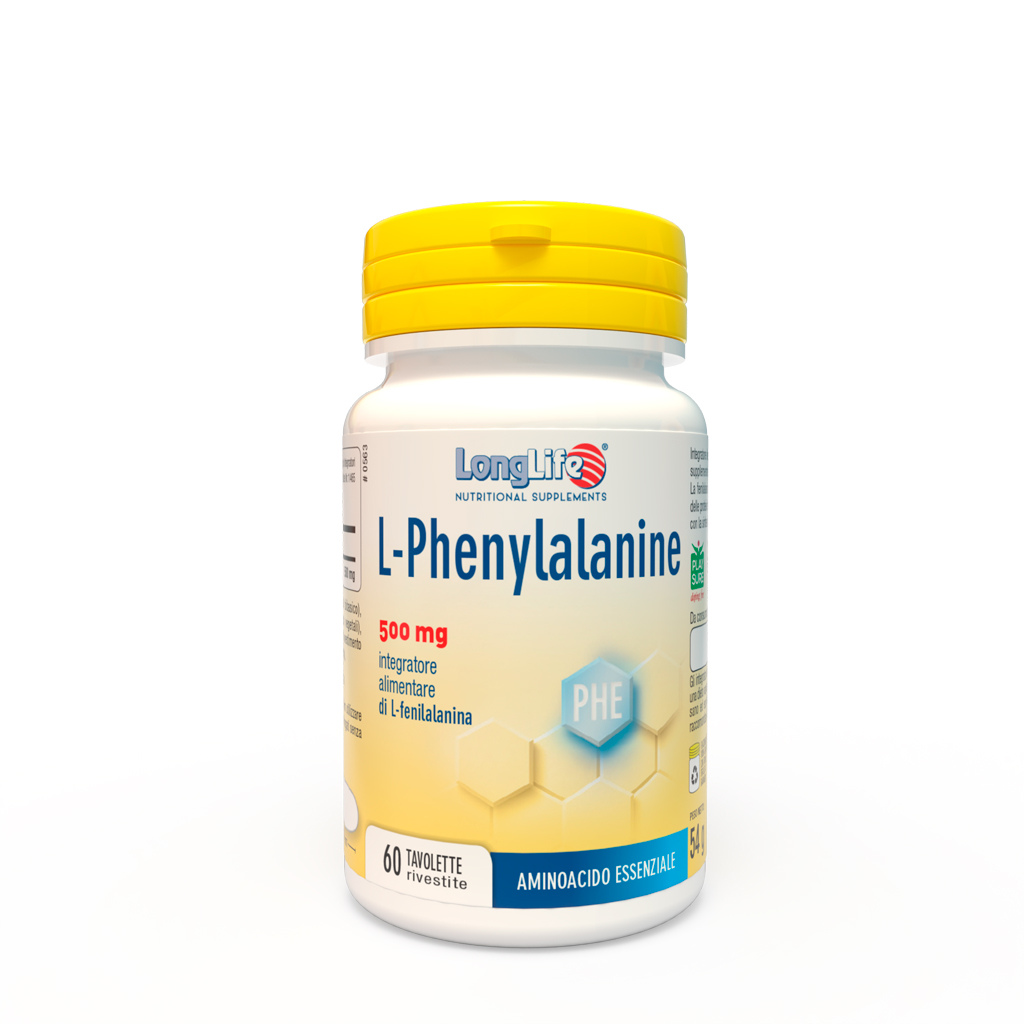




Reviews
There are no reviews yet.